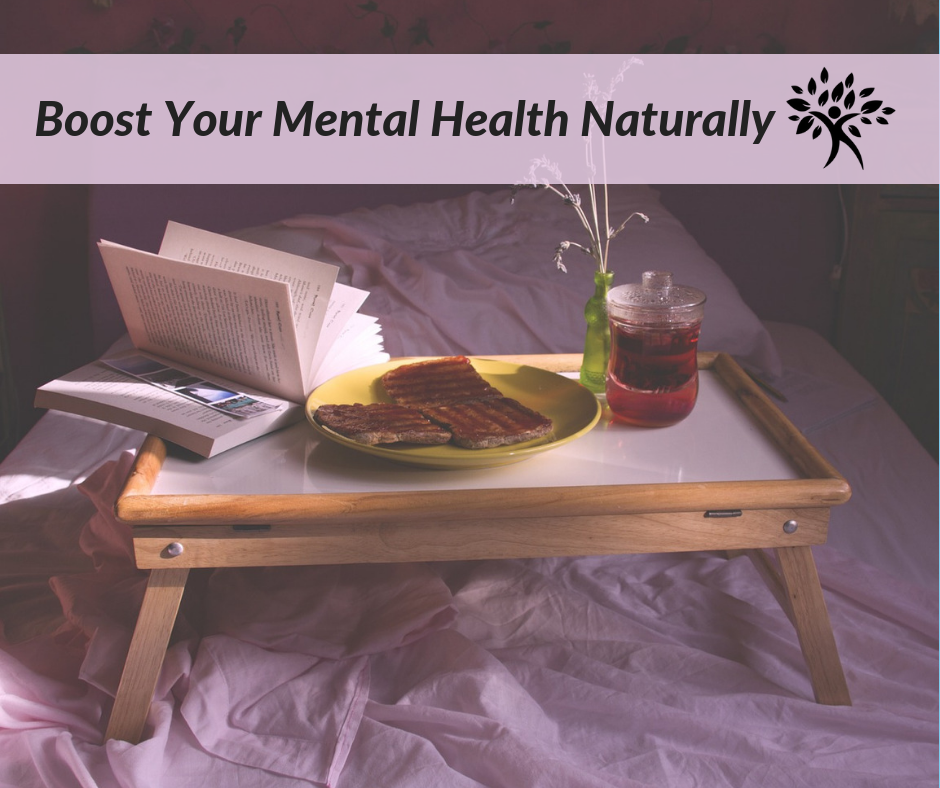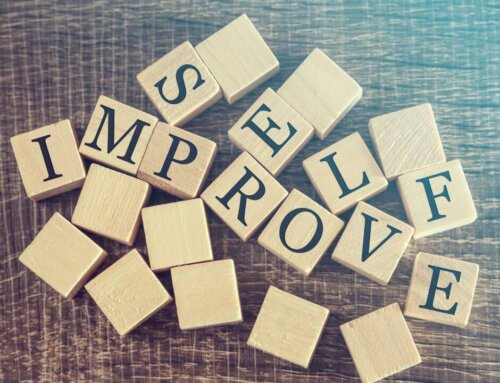While a lot of people prefer not to talk about it, most of us struggle with our mental health at some time or another in our lives. An estimated 43.8 million adults experience some sort of mental illness each year. These conditions include everything from mild anxiety disorders to illnesses that have a significant impact on a person’s ability to live their daily lives, such as schizophrenia and bipolar disorder. However, many Americans do not get the mental illness treatment they need.
Treating mental illness takes a multi-faceted and personalized approach for each patient. Treatments may include hospitalization, medication, and therapy, but plans are specific to the person’s needs. Furthermore, certain lifestyle changes enable people who are struggling with their mental health to feel better through self-care. While self-care is a term that encompasses many beneficial practices for both the body and mind, the following tips focus on reducing stress as a means of improving mental health.
Boost Your Mental Health
Reduce Clutter in the Home
Our day-to-day lives throw stressful situations at us at a rate that is beyond our control, but the one place where you can truly reduce the stress you feel is at home. A cluttered and unorganized environment can actually lead to feelings of anxiety and depression. To help keep your home happy and healthy, use the following tips to banish clutter and create a more serene home:
- Every time you buy something new, get rid of something you already have. Bought a new sweater for the season? Throw another one that has been out of commission for a while in a bag for donation, or bring it with you the next time you shop at H&M for clothes recycling and receive a coupon for your next purchase.
- Make extra spending money by taking advantage of websites like Craigslist and eBay that enable sellers to get rid of clutter in exchange for cold, hard cash. Once you see how easy it is to sell items you no longer use, you’ll become hooked on the process.
- Not sure if you’re quite ready to give certain items up? Test the waters by boxing up belongings or stashing them in offsite storage. If you don’t find yourself wanting or needing something in the next six months, you know it is no longer needed.
Establish Daily Routines
Sure, a bit of spontaneity can help spice up your life from time to time, but generally, we are creatures of habit. When you have a certain set of routines that help you get through your day, you reduce the amount of stress and anxiety you feel because you know what to expect. Furthermore, routines ensure you engage in activities that you know are good for your mental health, such as getting enough sleep, exercising, and spending time with loved ones.
To reap the most benefits, incorporate as many healthy habits into your routine as possible:
- Wake up and go to bed at the same times every day for better sleep.
- Eat a nutritious and convenient breakfast to stabilize blood sugar and start the day right.
- Start your day with prayer or meditation to improve mindfulness and productivity.
- Exercise for about six hours a week for optimal mental health.
- Make room in your schedule for socialization with family and friends.
- Work with a Naturopath to learn what herbs and supplements are best for you.
Addressing issues and talking with others about the importance of maintaining mental health can save lives. While treating mental illness requires a multi-faceted and personalized approach, there are certain things everyone can do to improve mental health. Reducing clutter and mess around the home helps prevent stress and maintains a serene environment. Daily routines help you know what to expect out of your day so you experience less anxiety. These little things may not seem like much, but they can make all the difference when it comes to reducing stress and caring for one’s mental health.







